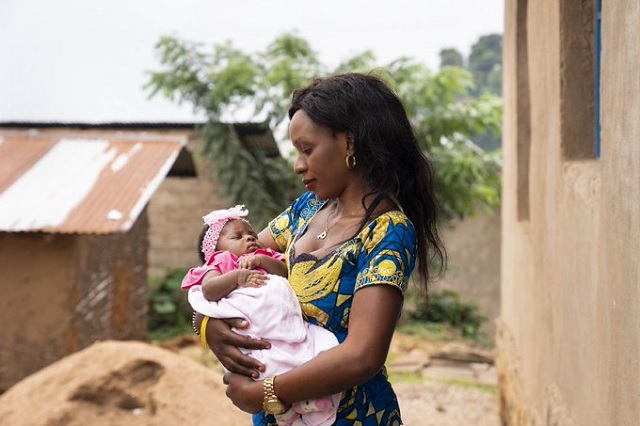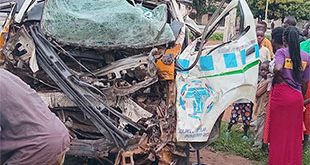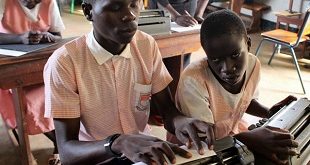
Kampala, Uganda | THE INDEPENDENT | The 1000th survivor of the current Ebola outbreak in the Democratic Republic of the Congo was released from care yesterday, a testament of the tireless efforts of thousands of local health workers and partners, the World Health Organisation said on Friday.
The outbreak that began in August 2018 is the largest and longest-running that the DRC has experienced, with more than 3,000 cases and 2,137 deaths. It began in North Kivu province in the east of the country and later spread to parts of neighbouring Ituri and South Kivu provinces.
So far, more than 230,000 people have received a highly effective vaccine to help stop the spread of the virus. As a result, the WHO health Organisation says that the country registered a reduction of new confirmed cases from 29 cases during the last one week, to 20 this week. But the week also ended on a positive note with a landmark 1000 lives saved since the outbreak.
“Today we have 1000 reasons to celebrate, but for each survivor, there are two lives lost,” said Dr Tedros Adhanom Ghebreyesus, World Health Organization (WHO), Director-General. “We must harness our joy and our grief to end this outbreak. Even better than a survivor is someone who never gets Ebola in the first place because there is no Ebola to get.”
Most of the 1000 survivors are now enrolled in a follow-up programme which involved monitoring their health for one year, during which they receive regular check-ups from physicians, psychologists, lab technicians, nurses and hygienists.
The survivors and those potentially carrying the virus also receive support from the World Food Programme (WFP), the UN agency fighting hunger globally. WFP provides them with food, meaning they will not have to leave their homes to shop, and can thus be easily monitored in the event they develop symptoms.
“I never thought I would make it at first but now that I am cured, I want to go back to my community and tell them to seek treatment early if they are affected because you can actually survive,” a survivor of the deadly virus said after being released from care.
“It is surely a celebration when cured patients go home after surviving Ebola; they feel reborn,” Susana Rico, the EFP emergency coordinator in the North Kivu capital, Goma, said, adding “This celebration must also serve as our motivation to continue the fight against Ebola and save many more by encouraging communities to alert about potential cases, so that they can seek treatment in time to be saved.”
David Gressly, the Emergency Ebola Response Coordinator in DRC says that although every survivor serves as motivation to continue the fight against the disease, they also are a reminder of those who could not be saved.
“We have to continue gaining access through improved security for health workers and populations alike, along with continuous efforts to engage communities to be empowered with the response,” he stated.
*****
URN
 The Independent Uganda: You get the Truth we Pay the Price
The Independent Uganda: You get the Truth we Pay the Price



